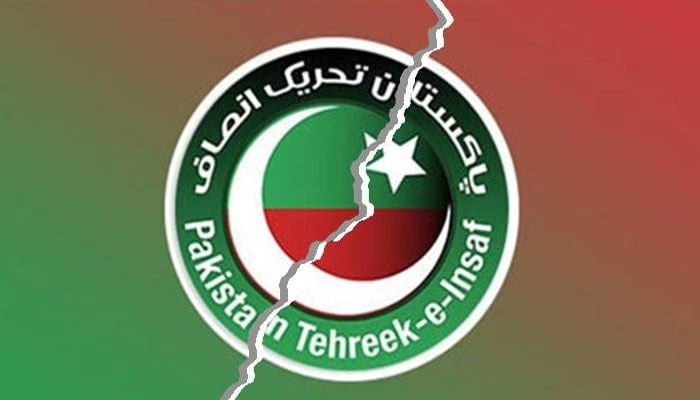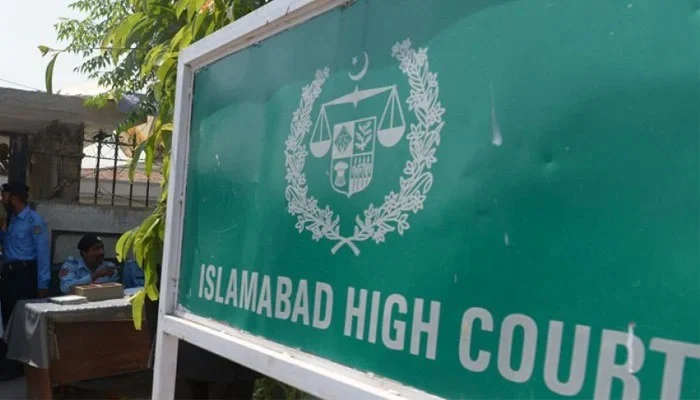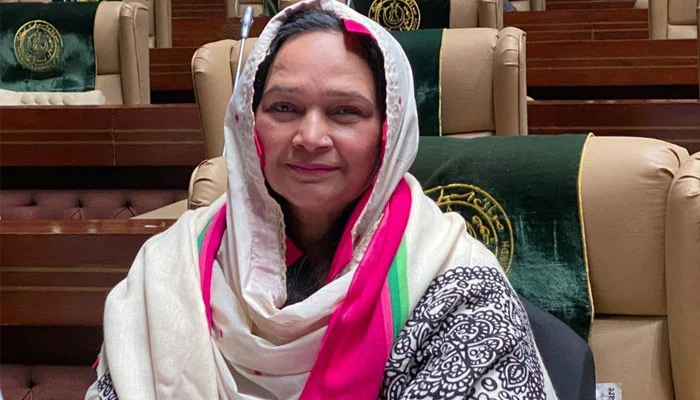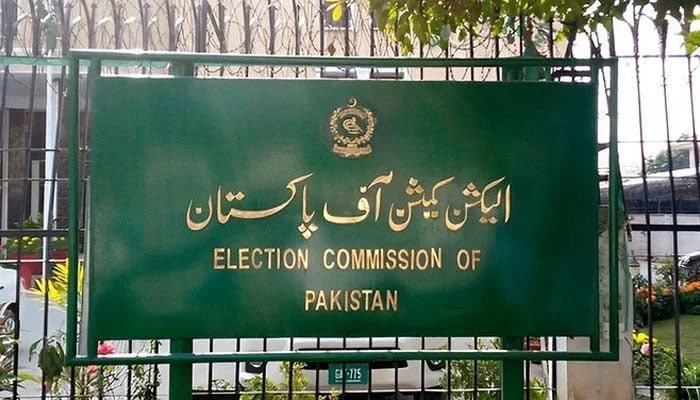The Pakistan Tehreek-e-Insaf (PTI) is facing a serious internal crisis in Khyber Pakhtunkhwa over the distribution of party tickets for the upcoming Senate elections. Disgruntled party leaders, who were denied tickets for the Upper House elections, have intensified their protest and declared they will not withdraw their nomination papers, regardless of pressure from the party leadership. This internal revolt has thrown the previously agreed plan of uncontested Senate elections into uncertainty.
Disgruntled PTI Leaders Refuse to Step Down
In a bold stance, several PTI leaders excluded from the official ticket list have made it clear that they will contest the Senate elections independently. Among the leaders opposing the party’s decisions are Irfan Saleem, Khurram Zeeshan, Waqas Orakzai, Irshad Hussain, and Ayesha Bano. These leaders held a meeting on Saturday and collectively reaffirmed their decision to stay in the race.
They expressed strong disapproval of what they described as a game being played in the name of Senate elections,asserting that they would not surrender to internal politics or compromises. Irfan Saleem, speaking on behalf of the group, said, This assembly was formed in the name of Imran Khan with the votes of the people. We will not let a dirty political system harm it.
Despite multiple attempts by Chief Minister Sardar Ali Amin Gandapur to reconcile with the disgruntled members through personal meetings and negotiations, his efforts have proven unsuccessful. Even the late-night meeting of PTI’s political committee failed to resolve the deadlock.
Agreement Between Government and Opposition in Jeopardy
The Khyber Pakhtunkhwa government had earlier reached a consensus with opposition parties to conduct uncontested elections for the 11 vacant seats in the Senate (Upper House). As per the agreement, the PTI-led provincial government was to receive 6 seats, while the opposition would be allotted 5 seats.
However, with independent PTI candidates refusing to bow out, the possibility of uncontested elections has diminished. Both the government and opposition have now prepared an alternate strategy, anticipating that elections will need to be held through voting instead of consensus. According to the new plan, the assembly members will be grouped separately into government and opposition blocs to ensure vote discipline during polling.
Senate Elections and Assembly Proceedings
The elections are scheduled for tomorrow, where 11 seats in the Senate will be contested from Khyber Pakhtunkhwa. These include:
- 7 general seats
- 2 technocrat seats
- 2 women’s seats
In preparation, the oath-taking ceremony of newly elected women and minority members of the Khyber Pakhtunkhwa Assembly will be held today. A special session of the provincial assembly has been summoned for this purpose. These new members are expected to play a significant role in the upcoming Senate vote.
Political Ramifications for PTI
This internal discord within PTI could have far-reaching consequences for the party’s political standing in the province. The open defiance of party decisions by its own leaders showcases a lack of unity and central control, which could be exploited by opposition parties. Additionally, the possibility of split votes in the Senate elections may jeopardize PTI’s ability to secure its agreed share of Senate seats.
The provincial leadership of PTI, already under pressure from multiple fronts, is now tasked with urgent damage control to prevent further embarrassment and political loss. The leadership’s failure to bring consensus within its own ranks could also reflect poorly on the central leadership and affect the party’s public image.
As the Upper House elections in KP draw near, all eyes are on how PTI will handle this internal challenge. With the opposition prepared, and alternative voting strategies now in place, the coming days are likely to witness intense political maneuvering.
Whether PTI can successfully bring back the disgruntled leaders into the fold, or whether it faces a fractured Senate election in its stronghold, will soon become clear. What is evident for now is that disunity and internal rifts within PTI are becoming a growing threat to its political dominance in Khyber Pakhtunkhwa.



